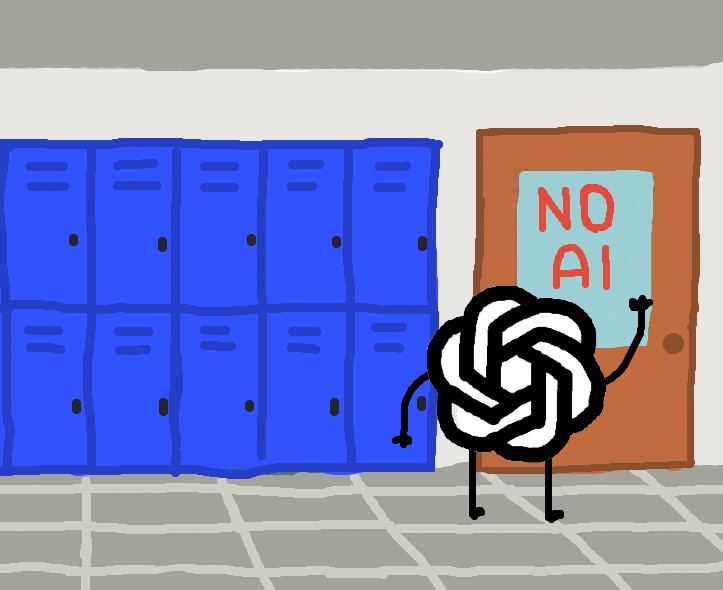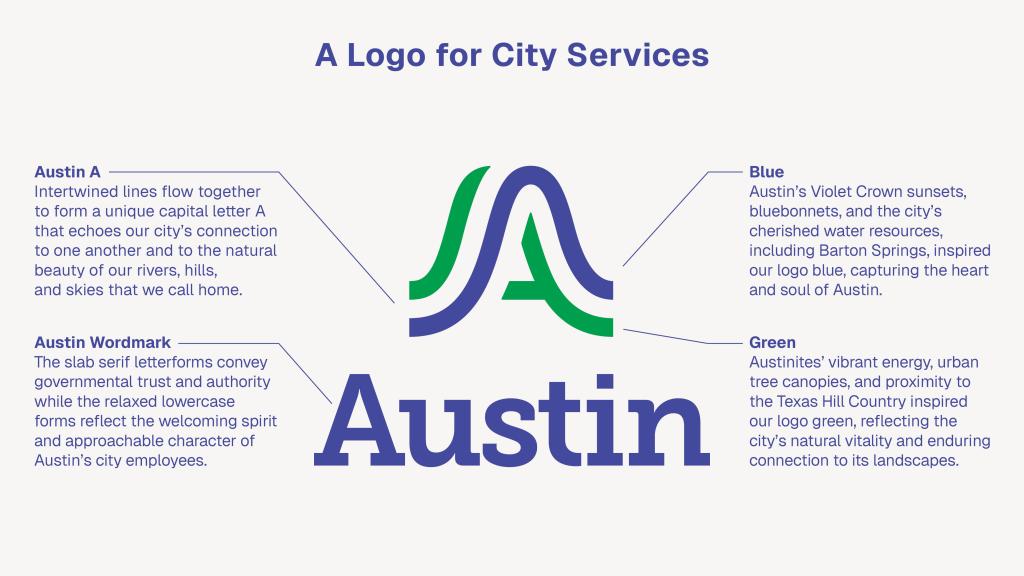This new law changing the smoking age to 21 isn’t going to be as effective as the government hopes it will be.
I’m a senior in high school. I’m 17, one year away from becoming an adult. In under six months, I can live on my own, get a tattoo, vote, be sued, serve on a jury, become a notary public, sky dive, fight and die for my country and pose fully naked in the centerfold of a magazine. Becoming 18 marks a new chapter in life where I have near full autonomy over myself and my actions. I can legally do almost anything that isn’t causing harm to others … except smoke.
On Dec. 20, President Trump signed a government-funded bill that included a new age limit on the sale and possession of tobacco and nicotine products.
The law went into effect the same day, and it’s failure to include a grandfather clause, left many young adults forced to face panic and withdrawal. Though lawmakers, lung doctors and the entire #truth staff rejoiced in this subjective victory, the potentially life-altering effects of this new law were nearly completely looked over.
For starters, people are already addicted. According to a central Massachusetts experiment performed by the Center For The Advancement Of Health, a nicotine addiction forms very quickly due to its ability to release excessive dopamine in the brain, overwhelming the brain’s receptors and forcing them to work at an accelerated rate even when nicotine isn’t present.
It takes about two to four weeks for a young adult to become addicted to nicotine and only a few days for a dependence to form. An addiction that occurs so quickly and forcefully is hard to boot, especially with the looming threat of a harsh withdrawal period standing in the way of sobriety.
Smokers between the ages of 18 and 20 were blindsided by this government-forced withdrawal. Now, an action that was built into their schedule is a crime that could get them fined and enrolled into a Tobacco Awareness Program.
For nicotine addicts under 18 that were already abusing nicotine illegally, little to nothing has changed. Their actions were and still are illegal, but that didn’t stop them before and therefore, won’t stop them now. Fake IDs exist. If you have the right connections, you can be any age that you want. A new age limit won’t reduce the amount of people vaping, it will just reduce the amount of people vaping legally.
Reducing nicotine and tobacco’s legality presents a whole new problem for smokers. Now, if they are caught in possession of a nicotine product, they’ll suffer legal consequences that will affect their personal records. Once we, as a country, go down this path of restriction, we are falling down a slippery slope.
Here’s a situation that current high school students can relate to: A student in their senior year is in possession of a product containing nicotine (pick your poison, cigarette or puff stick or whatever) and they’re confronted by an officer. What would have been a frisk with no consequences, is now a chargeable offense. This student will be put into the government system and now, on their college applications, and later, job applications, they will be required to state that they have been in legal trouble. With this box checked, they could be denied scholarships, federal aid for loans and even admission to schools. These consequences already exist for even the smallest nonviolent drug-related crimes.
Nobody is being hurt except for the person ingesting the nicotine or tobacco, and they are more than likely aware of the damage these chemicals will do to them. By creating legal trouble for nonviolent, not even drug-related crimes, the futures of talented, intelligent students are jeopardized.
If the goal of this law is to reduce the amount of young people addicted to nicotine, which it is, this is far from the most effective solution. Most kids who smoke or vape get these products from their peers, not from a corner store or smoke shop, and those who do buy directly, have ways around showing real age identification.
I agree, the amount of kids addicted to nicotine is definitely concerning. I’m friends with people under 18 who have full-fledged nicotine addictions, people who smoke a cigarette or hit a Juul when it’s convenient, and people who have fully sworn off of all nicotine products (which doesn’t mean you’re better than anyone else, it just means you can probably hold your breath for longer). Every single one of those people recognizes that smoking and vaping are both bad for you, but no one has a concrete idea of how to stop this nicotine craze from spreading and how to reverse its effects.
If we truly want to end teen nicotine addiction, restriction isn’t the answer. Keep the age at 18, where it has been since 1984. Legal adulthood should present kids with more freedom and even subjective “danger.” Let’s stop demonizing children who are experimenting, finding themselves and trying to grow up.
The real villains who should be targeted are the tobacco and nicotine companies who are profiting off of the illness of addiction. We shouldn’t make nicotine products less accessible; we should make them less desirable.
Though cigarette ads and commercials are illegal under Article 13, electric cigarettes and vapes don’t have the same restrictions. Take away these companies’ abilities to advertise their products.
With no way to get the word out, nicotine product companies won’t be able to alert the public of new products or price changes, slowing their wildfire-like spread and notoriety. You can’t smoke what you don’t know about.
In addition, their advertising should be banned from online platforms so social media influencers can’t promote these dangerous products to their younger audiences.
The government should instead replace these ads with warnings about the dangers of tobacco. We’ve all seen these and know that they’re relatively ineffective, but prior to a #truth ad that I saw starring puppets, I, along with many of my friends, was under the impression that vaping was better for you than smoking. Turns out, that is false. Thank you, knock-off Muppets.
For the privatized side of the United States, or businesses, create more smoke-free spaces and include all nicotine devices. The more inconvenient smoking is, the less likely people will be to take it up.
Let’s face it, as teenagers, many of us are looking for convenient vices to help us get through our final years as a “child.” We aren’t really known for going far out of our way to get a new drug with minimal effects: that tends to happen after the addiction has formed. So companies, do your part!
I don’t think that this age change is going to be successful and the harm it will cause clearly outweighs the good.
On behalf of teenagers and young adults in the United States, do you think changing the alcohol age to 21 stopped underage drinking? Because I know it didn’t.










Olive Embry • Feb 21, 2020 at 5:40 pm
I think this is a very well written article that definitely had a lot of thought and time put into it. It raised a lot of points that I wouldn’t have thought of at first glance and made me think a lot differently about the new age restriction.